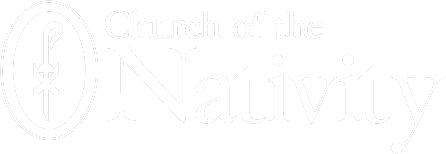I can’t believe I am writing this, but here we are, still in the pandemic, still not able to fully gather in person. Once again, we are discovering new ways to worship together, to mark together the important dates of the church year which ground us, shape us, and nurture us.
Services for Ash Wednesday on February 17 will take place on Zoom this year. There will be a service at Noon and a service at 7pm.
Why Zoom? Well, your priest is tired. She misses live services, and she misses seeing your faces in worship, rather than the back of an iPhone or an iPad. So, we will gather on Zoom, I will lead the services from home, David will join in from home, Jason will be seated at the organ bench with his iPad. We will have the text on the screen when we need it. We won’t be live-streaming or recording. It will be, as worship typically is, an ephemeral event rooted in one particular time, place, and peoples, offering both their praise and their repentance to God.
What about ashes? We will have envelopes with a small sprinkle of ashes available to pick up at Nativity in a box outside of Estill House if you would like to take part in the imposition of ashes as part of the service, or at anytime that day. You can mark your forehead with the ashes in the shape of the cross as we typically do, or you can sprinkle the ashes over your head. There is a history of “sprinkling” ashes in the church. If you would like to know more, and to learn more of the history of Ash Wednesday, please see this wonderful piece by the Rt. Rev. J. Neal Alexander.
I understand that not everyone does Zoom, and not everyone may be available at Noon or 7pm for our service. If that is your situation, I invite you to visit the Washington National Cathedral for their service that day. One of the gifts of the pandemic has been the opportunity to share worship with places like the National Cathedral.
And before you go, here is some Sweet Honey in the Rock. If you’ve never heard of them, trust me you need them in your life. You’re welcome.
Have a blessed Lent,
Stephanie+








